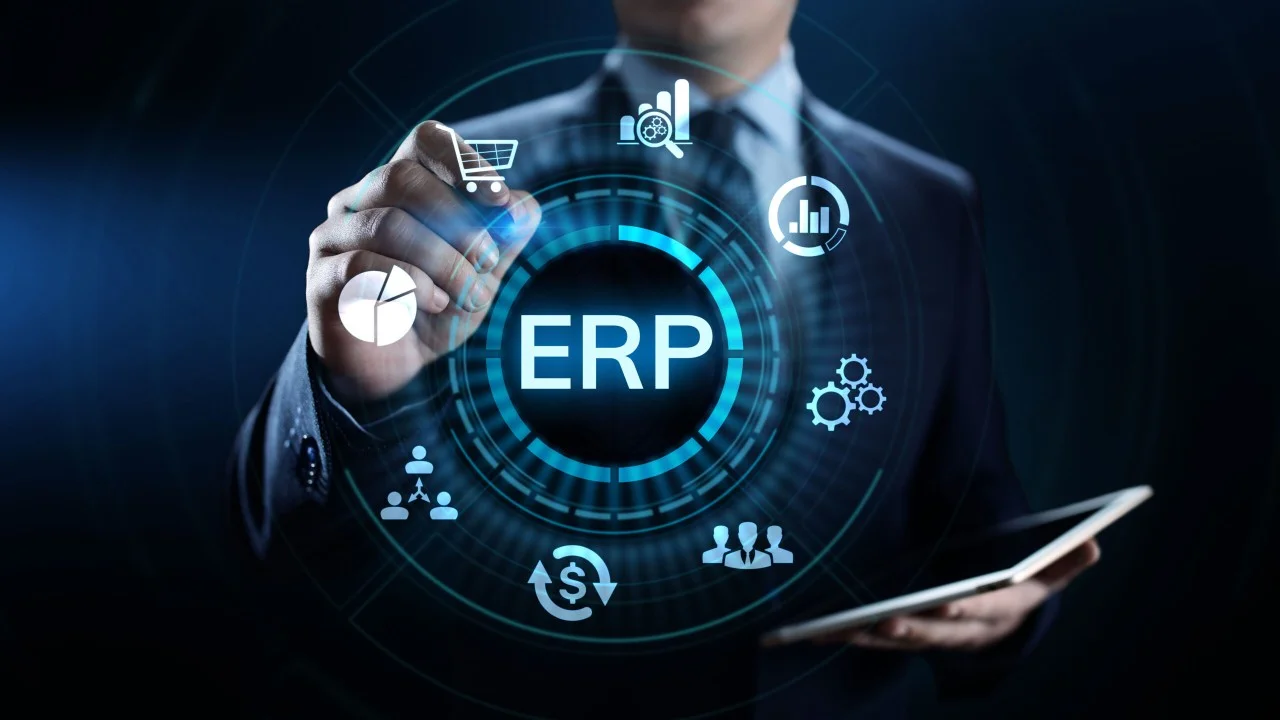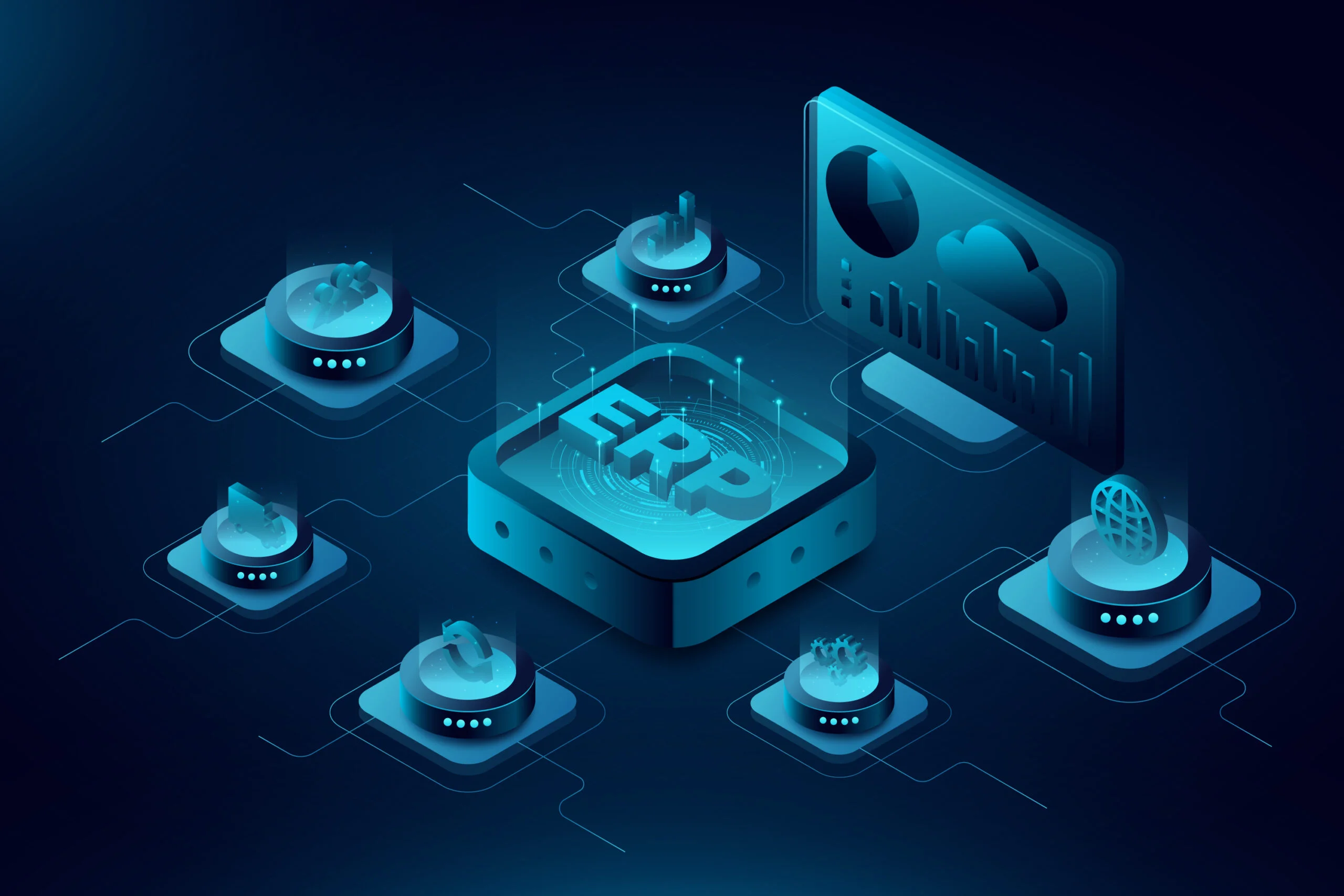OneBusiness Project Management ERP Software: Drive Projects to Success
Projects are at the heart of every business—whether it’s delivering client services, launching new products, or managing internal initiatives. For small and medium businesses, handling projects often means using spreadsheets, email threads, or standalone tools. While these methods may work at the start, they quickly lead to inefficiencies, missed deadlines, and budget overruns.
This is where OneBusiness Project Management ERP Software makes a difference. By integrating project planning, execution, resource allocation, cost control, and reporting into one platform, OneBusiness ERP ensures projects are delivered on time, within budget, and aligned with business goals.
Why Businesses Need Project Management ERP Software
1. End-to-End Project Visibility
With fragmented tools, it’s difficult to see how tasks, costs, and resources connect. OneBusiness ERP centralizes all project activities into one system, giving managers complete visibility across timelines, budgets, and deliverables.
2. Efficient Resource Allocation
Assigning the right people with the right skills to the right tasks is critical. OneBusiness ERP makes resource planning easy by mapping availability, skillsets, and workloads to ensure no team member is overbooked or underutilized.
3. Strong Financial Control
Project overruns often occur because financials are tracked separately. With OneBusiness ERP, project costs, procurement, and timesheets are directly integrated with finance, ensuring real-time cost tracking and accurate billing.
4. Improved Collaboration
Project teams often work across departments or even locations. OneBusiness ERP enables collaboration by centralizing documents, workflows, and updates—keeping everyone on the same page.
5. Scalability and Flexibility
As projects grow in complexity, so do the demands. Unlike generic project tools, OneBusiness ERP scales effortlessly—supporting multi-project environments, portfolio management, and integration with other ERP modules like procurement and HR.
Key Features of OneBusiness Project Management ERP Software
OneBusiness ERP offers a powerful set of project management features tailored for small and mid-sized businesses:
Project Planning & Structure: Create project hierarchies with work breakdown structures (WBS), milestones, and deliverables.
Resource Planning: Assign teams, define partner functions, and track resource utilization.
Timesheets Integration: Capture employee time directly against project tasks for accurate cost allocation.
Procurement & Commitment Management: Link purchase orders and contracts to projects, ensuring clear budget commitments.
Budgeting & Cost Control: Plan budgets, track expenses in real time, and monitor variances.
Project Settlement: Transfer project costs to assets under construction (AUC), fixed assets, or cost centers seamlessly.
Analytics & Reporting: Access dashboards on timelines, progress, costs, and profitability.
Collaboration Tools: Share updates, approvals, and documents within the platform.
Why OneBusiness ERP Over Other Project Tools?
Generic tools like Trello, Asana, or Monday.com work well for task tracking, but they lack deep integration with finance, procurement, and HR. This creates data silos and makes it harder to manage costs or compliance.
OneBusiness ERP stands out because it:
Provides financially integrated project management.
Supports multi-company, multi-location projects in one system.
Offers industry-specific templates (manufacturing, plantations, healthcare, services).
Enables portfolio and program management for businesses running multiple projects.
Embeds AI/ML features like forecasting, voice-bot reminders, and anomaly detection in timesheets or costs.
With OneBusiness ERP, you don’t just manage tasks—you manage projects as part of the bigger business ecosystem.
Implementation Approach
Getting started with OneBusiness Project Management ERP is simple and structured:
Assess Needs: Identify whether you need project accounting, scheduling, or full resource planning.
Configure Projects: Set up project types, WBS elements, and financial integrations.
Train Users: Provide teams with training for timesheets, approvals, and reporting.
Go Live in Phases: Start with one project or department and expand gradually.
Monitor & Optimize: Use dashboards to refine resource usage and project costs.
Real-World Example
Consider a consulting firm delivering multiple client projects:
Finance tracks billing separately from project teams.
Procurement is unaware of project budgets.
Timesheets are manually recorded, leading to errors.
With OneBusiness ERP:
Projects are structured with clear WBS elements and budgets.
Timesheets link directly to WBS tasks for accurate costing.
Procurement aligns purchase orders with project commitments.
Finance integrates project settlements into AUC and cost centers.
The result? Clear visibility, stronger financial control, and successful project delivery every time.
Final Thoughts
Managing projects effectively requires more than just a task list—it requires an integrated system that connects planning, execution, resources, and finance.
With OneBusiness Project Management ERP Software, small and mid-sized businesses gain the tools they need to control budgets, allocate resources efficiently, and deliver projects with confidence.
Whether you’re in consulting, manufacturing, healthcare, or services, OneBusiness ERP ensures your projects run smoothly, your teams stay aligned, and your business goals are achieved.




